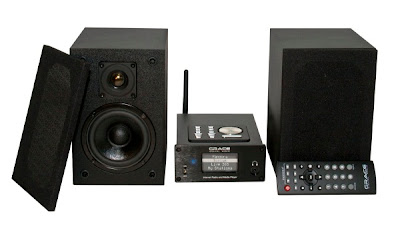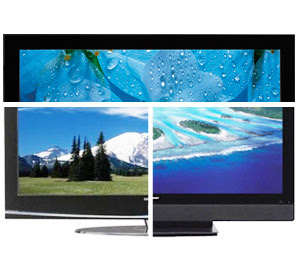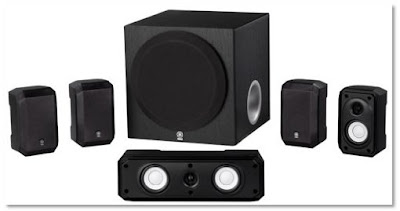Innovative ideas together with engineering skills have developed a number of HiFi music systems. Many models and brands are accessible in the current markets for consumers to opt from. Unless a customer is very fussy about a set of chosen companies or components to make a unique assembly, it is superior to pick up one of these very well known brands. The stylish units will enable the customers to expand or develop the system as per the individual tastes.
Those who are not having fixed patterns available in the recognized systems can choose separate. Again any or all components of HiFi systems are available as split units and they are trustworthy and result oriented. A characteristic system consists of CD player, cassette desk and Radio tuner. Playable CD formats are CD-RW, CD-R, and CD (Audio) apart from WMA and MP3.
Some of the audio systems have stereo outputs of up to 120 watts. Audio can be choosing from units with equalizers preset like Rock Techno, Optimal, and Jazz. There are various other options as well such as classic or pop. Speakers play significant roles to improve the quality of production. Free standing speaker package propose 2 way Bass reflexes. Some of the speaker systems also have body of aluminium in order to make them suitable for Dolby digital and DTS 120w.
To know more about Hifi Systems, visit savins.ie/home-entertainment-categories/hifi-systems-ireland


